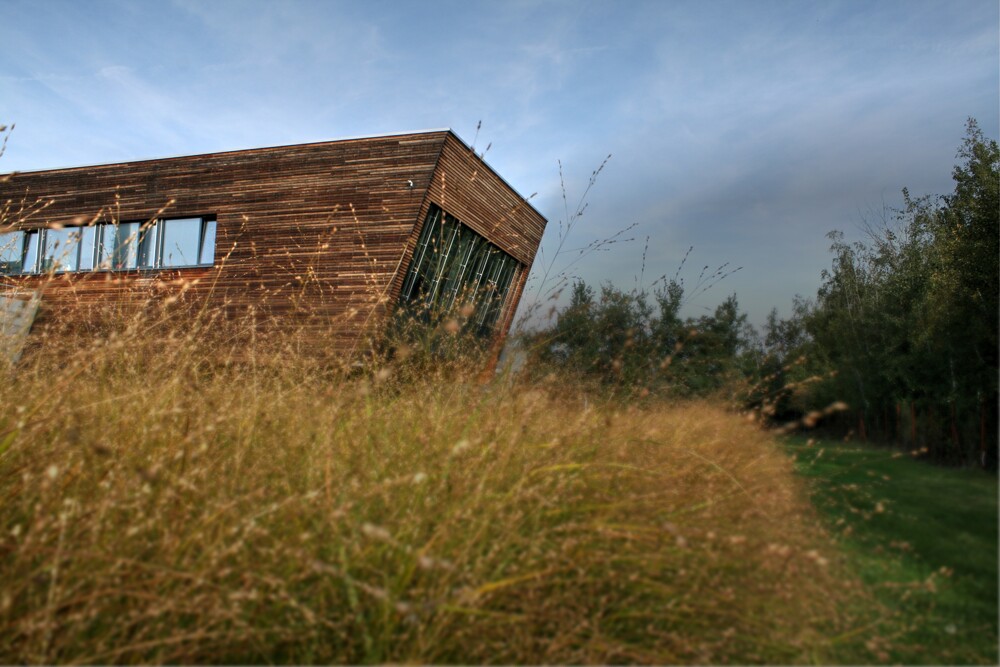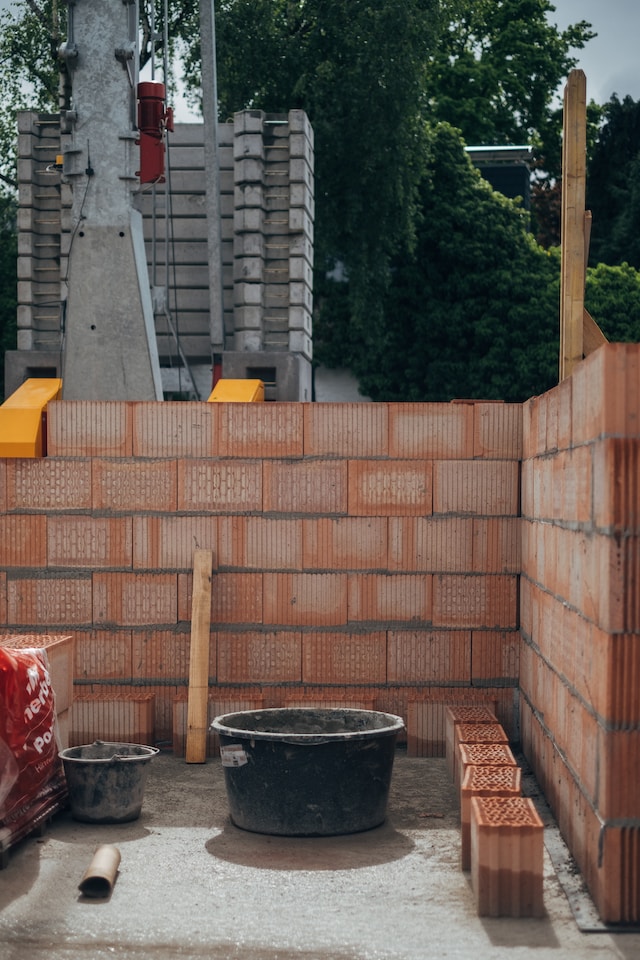

Designing efficient buildings and carrying out deep energy retrofitting can make a significant contribution to reducing the
emission of greenhouse gases. The newly prepared European Energy Performance of Buildings Directive (EPBD revision) will therefore
come up with a requirement for mandatory quantification of the carbon footprint of buildings throughout their life cycle.
Its implementation in the Czech Republic is expected to start in 2027. This change will be a major challenge for the entire
building industry supply chain, which is why UCEEB CTU is already helping Czech companies to prepare for it.
As part of a project supported by the European Climate Foundation (ECF), our Sustainable Building research team has prepared a Methodology for determining
the Global Warming Potential (GWP) of buildings throughout their life cycle. Domestic designers, energy specialists, developers
and software developers are working with us to implement the project and put its results into practice.
In another INDICATE project, we are developing 50 sample case studies of life cycle GWP calculations for typical Czech buildings.
These include family and apartment buildings, office buildings and schools. We have selected the projects so that different
material solutions and design standards are represented. The Czech Green Building Council (CZGBC) and the industry alliance Chance for Buildings also participate in the project,
and we are also supported by mentors and other partners from abroad.
We are also involved in the development of a strategic document for the decarbonisation of the Czech building sector, which
is being prepared by the Czech Green Building Council. The Zero Carbon Roadmap project, supported by the European Bank for
Reconstruction and Development (EBRD), will produce a document outlining pathways to achieving a carbon-neutral built environment
in the Czech Republic.